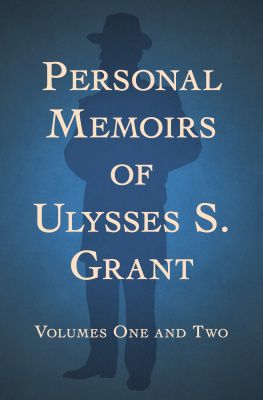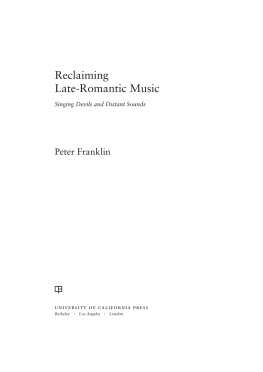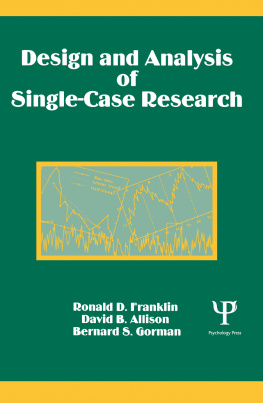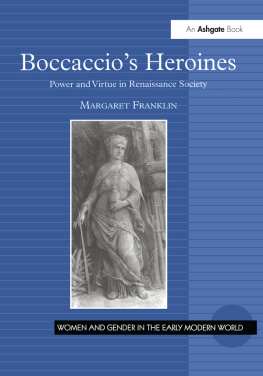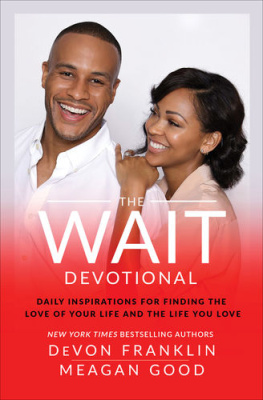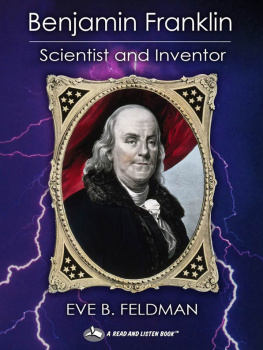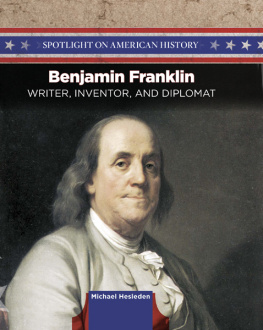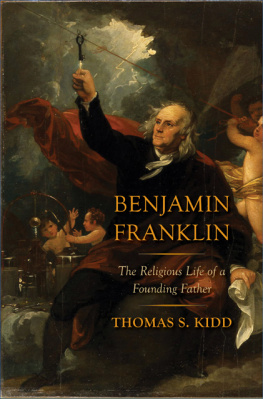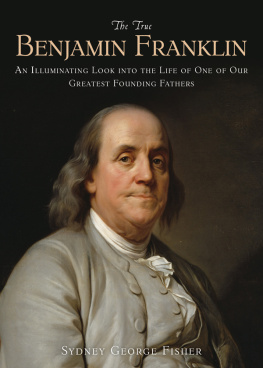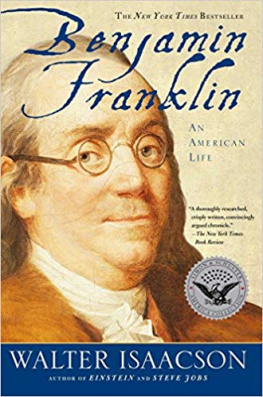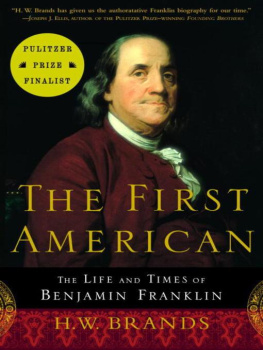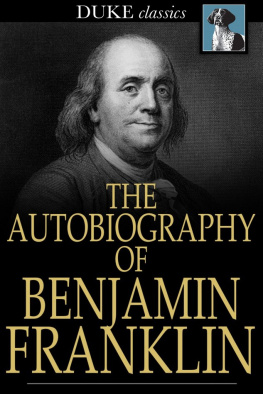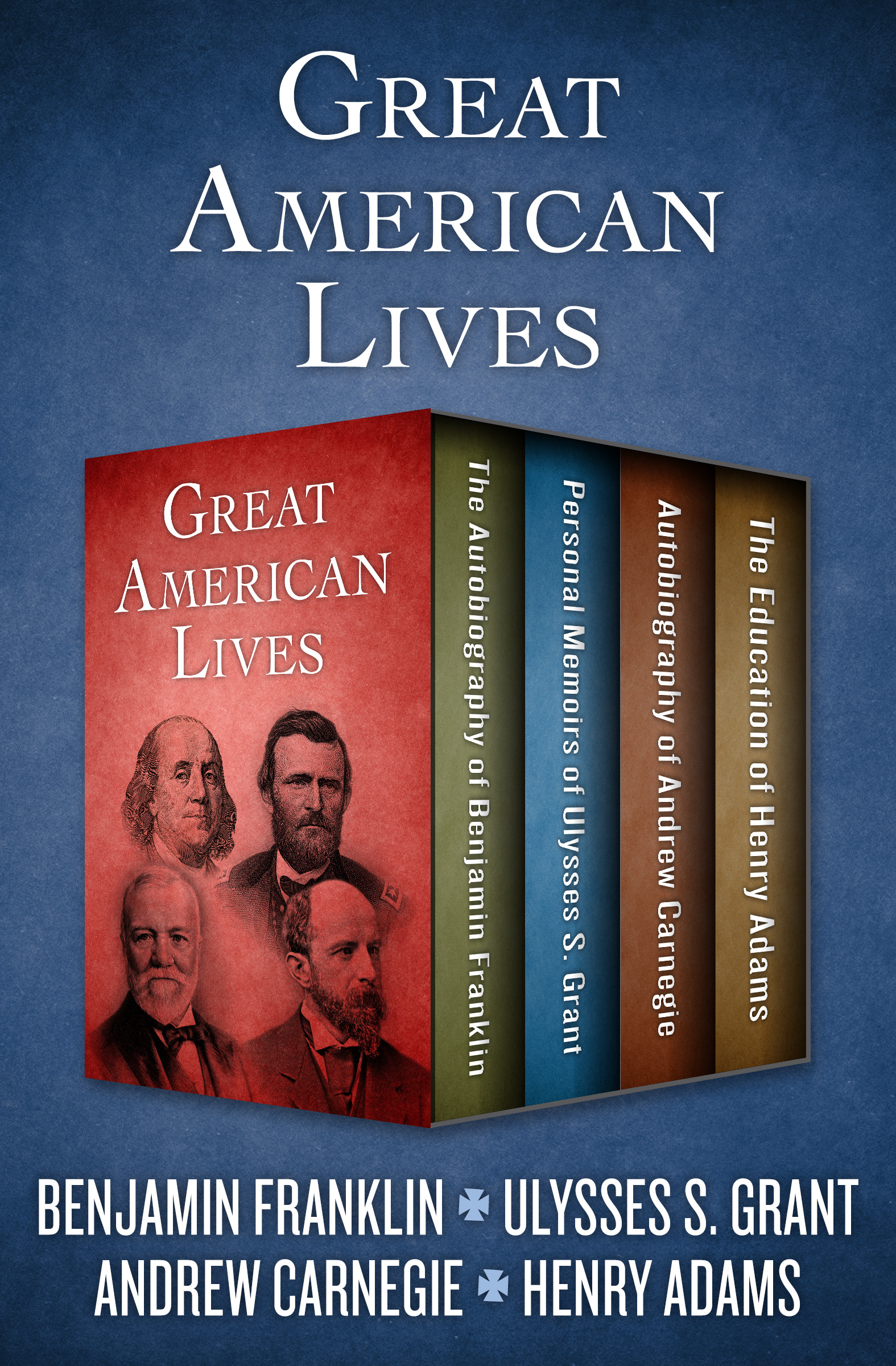Great American Lives
The Autobiography of Benjamin Franklin, Personal Memoirs of Ulysses S. Grant, Autobiography of Andrew Carnegie, and The Education of Henry Adams

The Autobiography of Benjamin Franklin originally published in 1790
Personal Memoirs of Ulysses S. Grant originally published in 1885
Autobiography of Andrew Carnegie originally published in 1920
The Education of Henry Adams originally published in 1907
Cover designs by Andrea Worthington
978-1-5040-3830-0
This edition published in 2016 by Open Road Integrated Media, Inc.
180 Maiden Lane
New York, NY 10038
www.openroadmedia.com




Find a full list of our authors and
titles at www.openroadmedia.com
FOLLOW US:




The Autobiography of Benjamin Franklin
Benjamin Franklin

I
ANCESTRY AND EARLY YOUTH IN BOSTON
Twyford, at the Bishop of St. Asaphs, 1771 .
DEAR SON: I HAVE EVER had pleasure in obtaining any little anecdotes of my ancestors. You may remember the inquiries I made among the remains of my relations when you were with me in England, and the journey I undertook for that purpose. Imagining it may be equally agreeable to you to know the circumstances of my life, many of which you are yet unacquainted with, and expecting the enjoyment of a weeks uninterrupted leisure in my present country retirement, I sit down to write them for you. To which I have besides some other inducements. Having emerged from the poverty and obscurity in which I was born and bred, to a state of affluence and some degree of reputation in the world, and having gone so far through life with a considerable share of felicity, the conducing means I made use of, which with the blessing of God so well succeeded, my posterity may like to know, as they may find some of them suitable to their own situations, and therefore fit to be imitated.
That felicity, when I reflected on it, has induced me sometimes to say, that were it offered to my choice, I should have no objection to a repetition of the same life from its beginning, only asking the advantages authors have in a second edition to correct some faults of the first. So I might, besides correcting the faults, change some sinister accidents and events of it for others more favourable. But though this were denied, I should still accept the offer. Since such a repetition is not to be expected, the next thing most like living ones life over again seems to be a recollection of that life, and to make that recollection as durable as possible by putting it down in writing.
Hereby, too, I shall indulge the inclination so natural in old men, to be talking of themselves and their own past actions; and I shall indulge it without being tiresome to others, who, through respect to age, might conceive themselves obliged to give me a hearing, since this may be read or not as anyone pleases. And, lastly (I may as well confess it, since my denial of it will be believed by nobody), perhaps I shall a good deal gratify my own vanity . Indeed, I scarce ever heard or saw the introductory words, Without vanity I may say , etc., but some vain thing immediately followed. Most people dislike vanity in others, whatever share they have of it themselves; but I give it fair quarter wherever I meet with it, being persuaded that it is often productive of good to the possessor, and to others that are within his sphere of action; and therefore, in many cases, it would not be altogether absurd if a man were to thank God for his vanity among the other comforts of life.
And now I speak of thanking God, I desire with all humility to acknowledge that I owe the mentioned happiness of my past life to His kind providence, which lead me to the means I used and gave them success. My belief of this induces me to hope , though I must not presume , that the same goodness will still be exercised toward me, in continuing that happiness, or enabling me to bear a fatal reverse, which I may experience as others have done; the complexion of my future fortune being known to Him only in whose power it is to bless to us even our afflictions.
The notes one of my uncles (who had the same kind of curiosity in collecting family anecdotes) once put into my hands, furnished me with several particulars relating to our ancestors. From these notes I learned that the family had lived in the same village, Ecton, in Northamptonshire, was assumed by them as a surname when others took surnames all over the kingdom), on a freehold of about thirty acres, aided by the smiths business, which had continued in the family till his time, the eldest son being always bred to that business; a custom which he and my father followed as to their eldest sons. When I searched the registers at Ecton, I found an account of their births, marriages and burials from the year 1555 only, there being no registers kept in that parish at any time preceding. By that register I perceived that I was the youngest son of the youngest son for five generations back. My grandfather Thomas, who was born in 1598, lived at Ecton till he grew too old to follow business longer, when he went to live with his son John, a dyer at Banbury, in Oxfordshire, with whom my father served an apprenticeship. There my grandfather died and lies buried. We saw his gravestone in 1758. His eldest son Thomas lived in the house at Ecton, and left it with the land to his only child, a daughter, who, with her husband, one Fisher, of Wellingborough, sold it to Mr. Isted, now lord of the manor there. My grandfather had four sons that grew up, viz.: Thomas, John, Benjamin and Josiah. I will give you what account I can of them at this distance from my papers, and if these are not lost in my absence, you will among them find many more particulars.
Thomas was bred a smith under his father; but, being ingenious, and encouraged in learning (as all my brothers were) by an Esquire Palmer, then the principal gentleman in that parish, he qualified himself for the business of scrivener; became a considerable man in the county; was a chief mover of all public-spirited undertakings for the county or town of Northampton, and his own village, of which many instances were related of him; and much taken notice of and patronized by the then Lord Halifax. He died in 1702, January 6, old style, just four years to a day before I was born. The account we received of his life and character from some old people at Ecton, I remember, struck you as something extraordinary, from its similarity to what you knew of mine. Had he died on the same day, you said, one might have supposed a transmigration.

